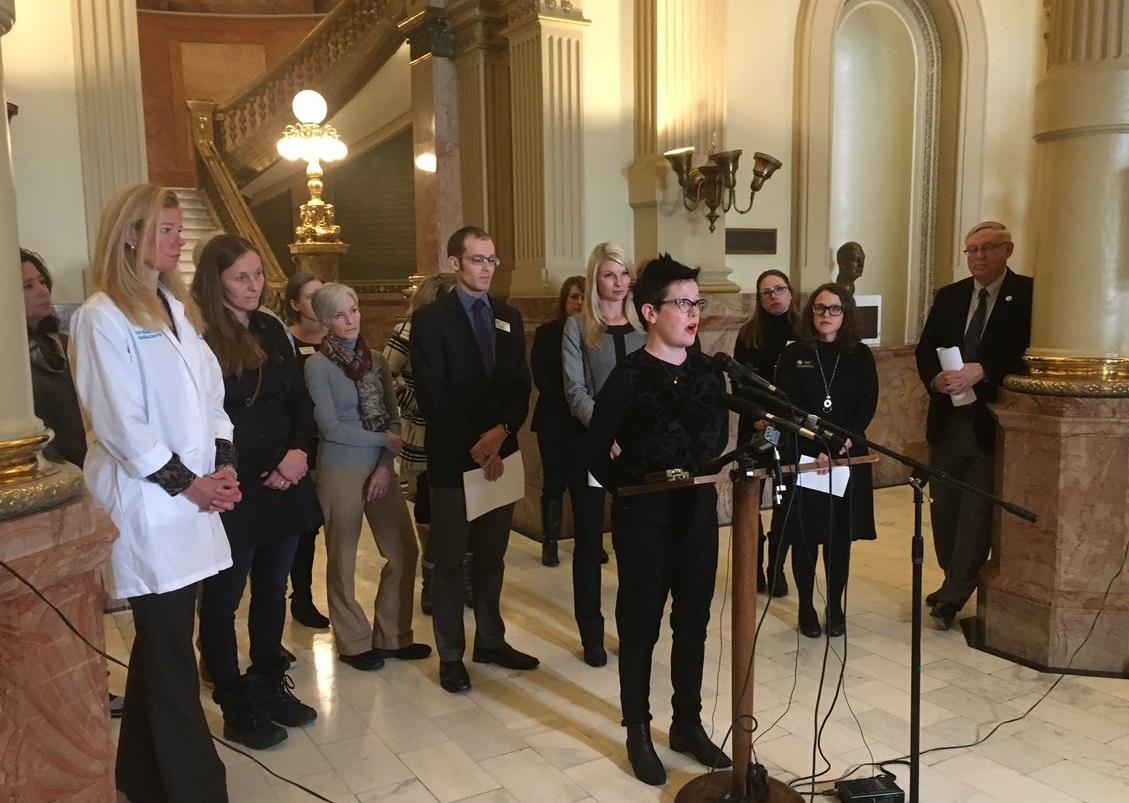

Lawmakers are introducing a bipartisan measure to protect patients from surprise medical bills.
They propose new legislation that would end the practice of what's called "balance billing," which can cause consumers to get unexpected sky-high bills.
The point of surprise happens when people seek out medical care at an in-network facility, but are then seen by an out-of-network provider. A surprise bill can also happen when someone is treated at an out-of-network facility or provider in an emergency.
Zoe Williams of Denver spoke at a press conference in favor of the bill Thursday. Williams said she took her 3-year-old to an emergency room at an out-of-network hospital for a broken leg. The bill was $15,000.
"All of these accounts went to collections, it impacted our credit,” Williams said. “I had actually just found out I was accepted into law school, and almost had to not go to school because I couldn't qualify for my loans, which required a certain amount of credit in order to access them."
Ilse Wagner of Broomfield also spoke in favor of the bill. She had surgery and was billed $625 for the services of an out-of-network surgical assistant. The tab arrived even after she had been assured she wouldn't be charged for that service.
"That people's credit scores get ruined by surprise bills that are difficult to fight, absolutely it happens all the time,” Wagner said.
There are cases where insurers have been charged 200 or 300 times what Medicare pays for the same services, said Adam Fox, director of strategic engagement for the Colorado Consumer Health Initiative.
“You heard that right, they’ve been charged more than $200,000 when Medicare would pay $520 for the same service,” Fox said. “Or $70,000 when Medicare would have paid $338.”
Fox said those high costs get passed on to consumers through higher premiums.
“More and more Colordans are getting hit by surprise out-of-network bills,” said
Rep. Daneya Esgar, D-Pueblo, one of the bill’s sponsors. “These are not one-off stories, but the ones many Coloradans have experienced, too many Coloradans.”
Similar measures have failed in prior legislative sessions.









